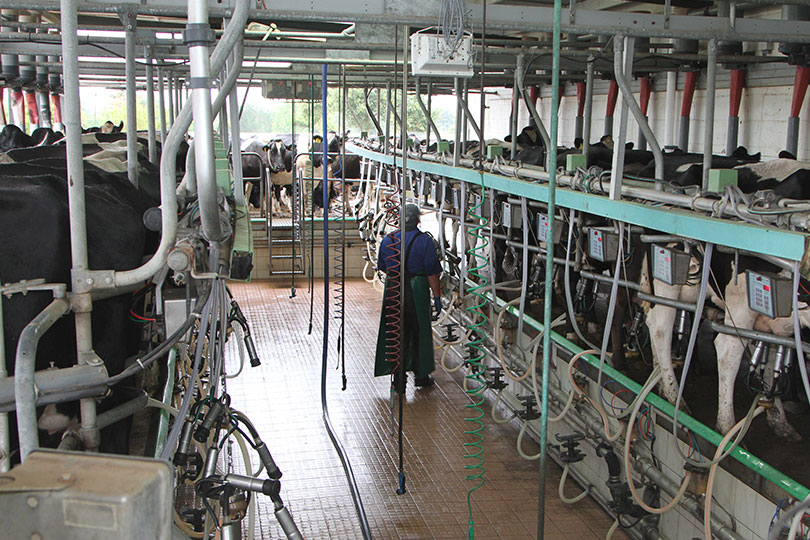By Jennifer Whitlock
Field Editor
U.S. dairy groups are pushing the Biden administration to act quickly on alleged dairy quota violations made by Canada under the U.S.-Mexico-Canada Agreement (USMCA).
Canada has been on notice since Dec. 9, when the U.S. Trade Representative’s (USTR) office filed the first-ever USMCA enforcement action against the nation regarding dairy tariff-rate quotas (TRQs).
In the complaint, the U.S. alleged Canada is harming American dairy farmers because it has set aside and reserved a percentage of each dairy TRQ exclusively for processors. This limits American access to in-quota quantities negotiated under USMCA.
Earlier this year, Canada resumed Phase II of a Comprehensive Review of the Allocation and Administration of Tariff Rate Quotas for Dairy, Poultry and Egg Products, in which the nation said it was reviewing “policy options of supply-managed TRQs.”
But three months after the U.S. challenged Canada on the issue, organizations like the U.S. Dairy Export Council (USDEC), National Milk Producers Federation (NMPF) and International Dairy Foods Association , are frustrated with the lack of movement. The groups sent a detailed letter to trade agency Global Affairs Canada outlining their complaints.
“Canada needs to stop manipulating its dairy TQRs,” Krysta Harden, president and CEO of USDEC, said in a joint statement. “Its actions have not only negatively impacted U.S. dairy farmers and manufacturers but also constrained many Canadian companies from being able to make use of these new TRQs to expand their supply options. USMCA lays out clear requirements on TRQ procedures, and we urge the U.S. government to ensure full compliance by Canada with those commitments.”
During USMCA negotiations, Canada agreed to increase market access through the establishment of new dairy quotas. Canadian officials negotiated TRQs on 14 dairy product categories including milk, cheese, cream, skim milk powder, butter, ice cream and whey.
But U.S. dairy advocates say Canada has manipulated the TRQs to award 85 percent to processors, who can then buy U.S. dairy products that don’t compete with domestic Canadian products. This limits U.S. suppliers to exporting only lower-priority items and prohibits them from selling a wide range of dairy products to Canadian customers, according to USTR.
“For too long, prices received by U.S. dairy farmers have been undermined by Canadian dairy policies. It’s time for Canada to stop playing games and address concerns related to the administration of its TRQs,” Jim Mulhern, NMPF president and CEO, said. “Canada is failing to meet its trade obligations by manipulating import license procedures and minimizing the ability of U.S. dairy farmers to have full access to the benefits of USMCA. That needs to stop, and we look forward to working with the Biden administration to ensure it does.”
In 2020, the U.S. exported almost $676 million in dairy products to Canada, a figure that fell far short of estimated gains under USMCA in a 2019 report by the U.S. International Trade Commission.

